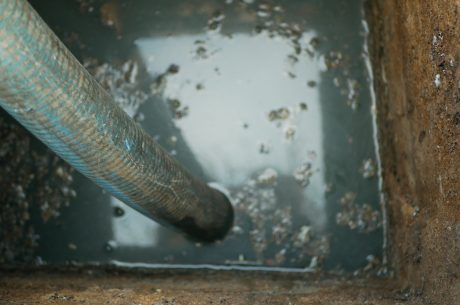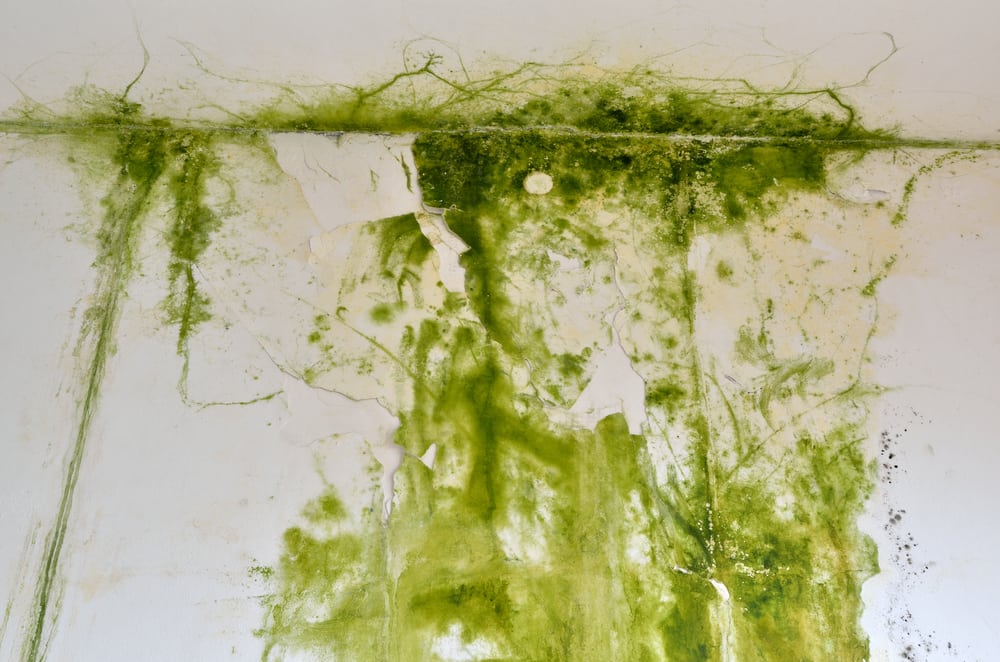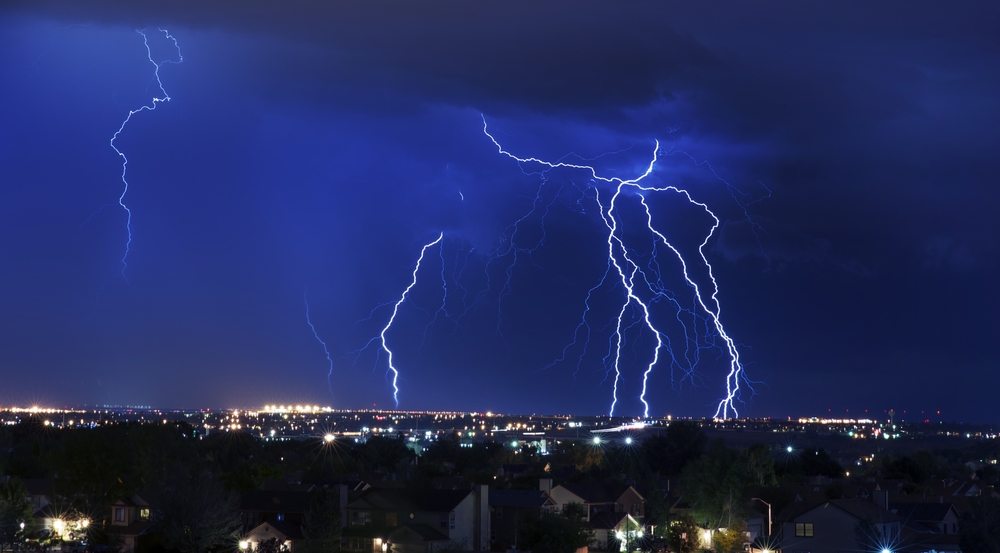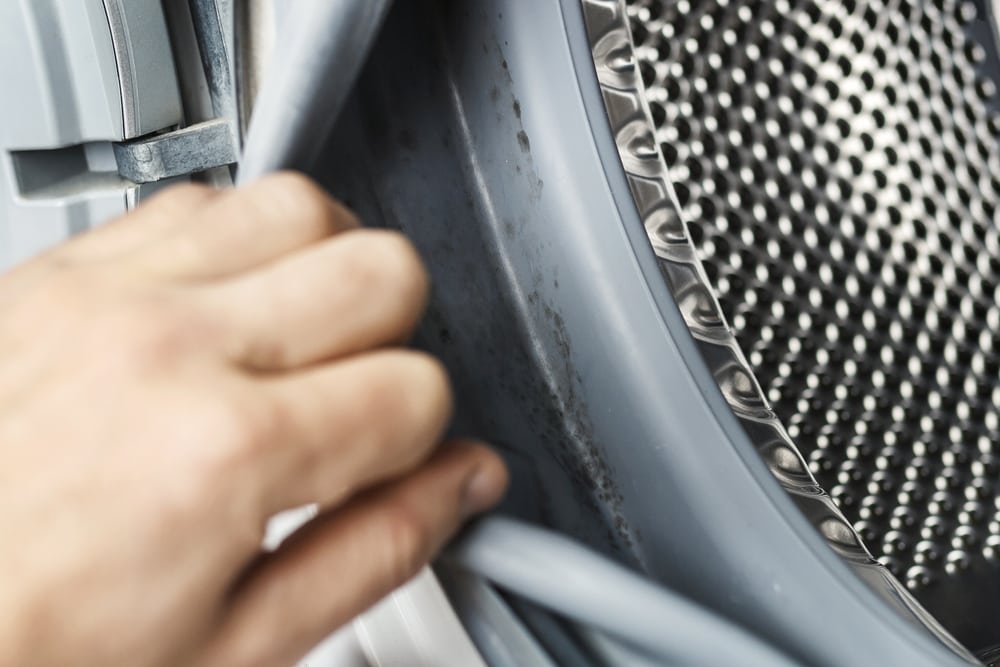Your Local Northridge, CA Property Restoration Blog
December 23rd 2020
Floods, Fires, Mold & More: Local Entrepreneurs Open New Business to Help Home and Business Owners with Property Damage
Northridge, Calif.
Read the article




















 PuroClean of Northridge
PuroClean of Northridge